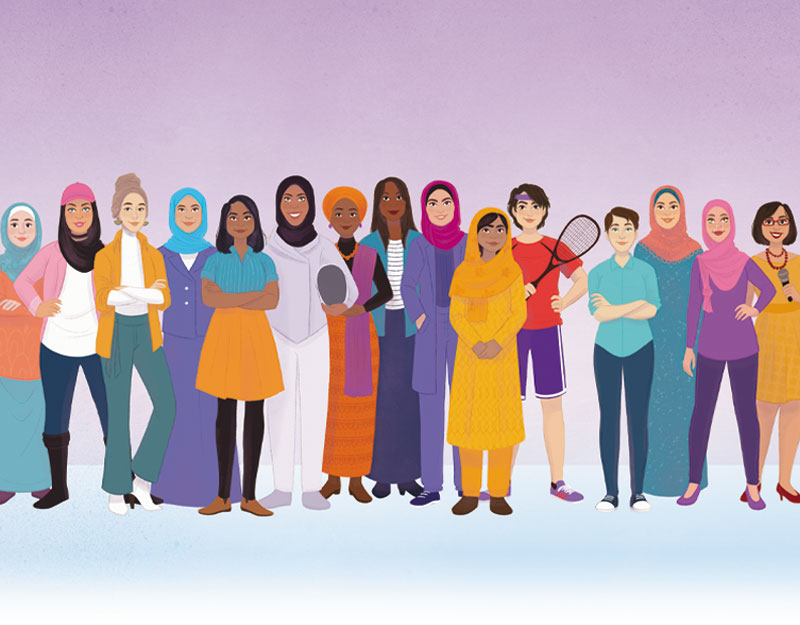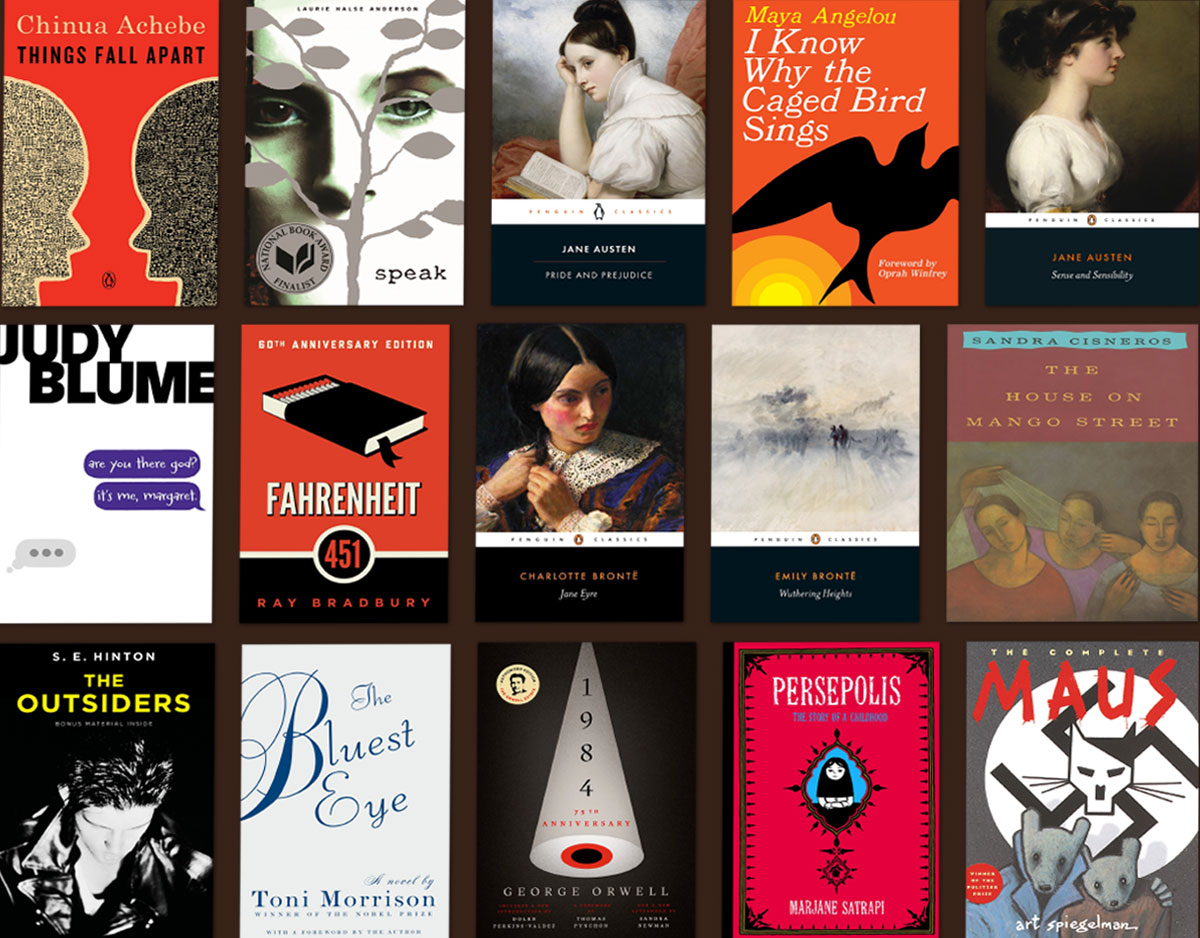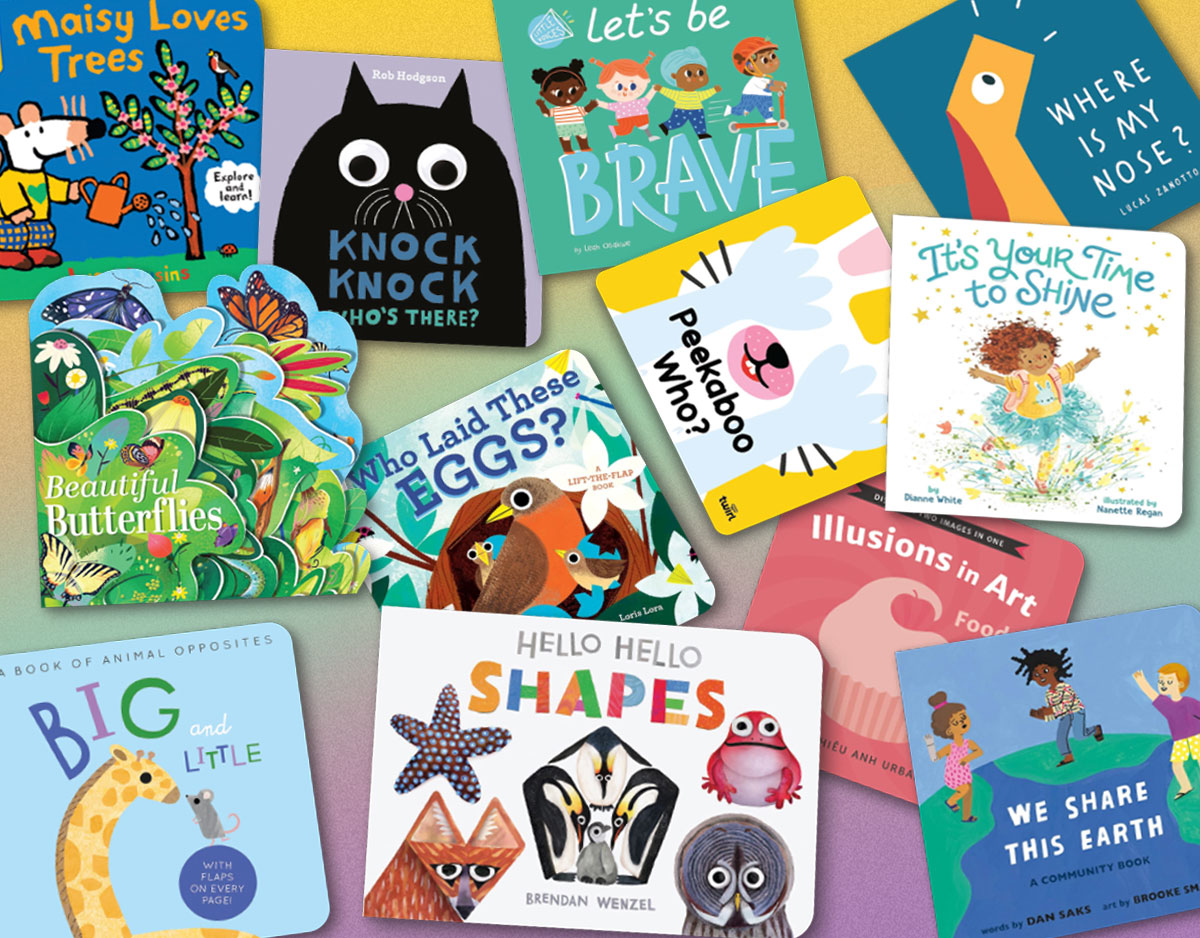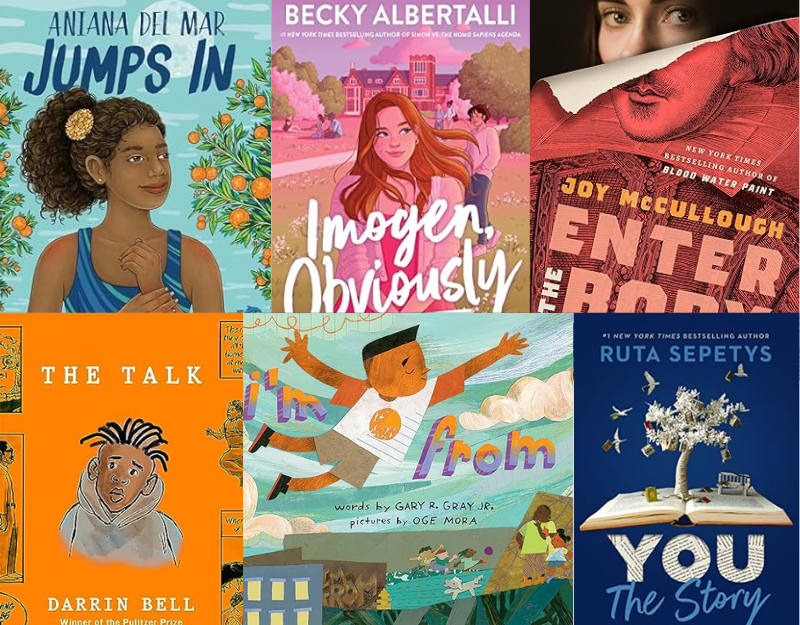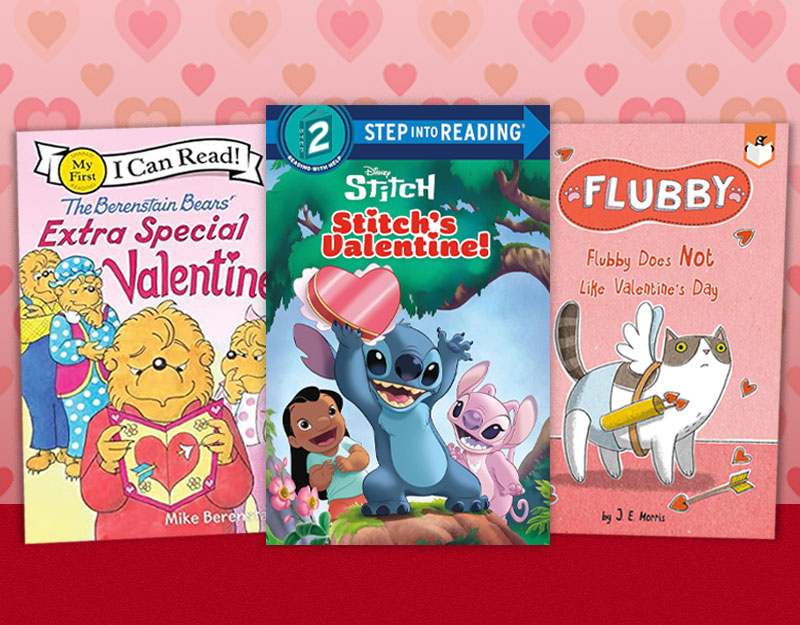Dragon Hoops: Gene Luen Yang Gives a Slam Dunk of an Interview

In December of 2019 I received a tiny basketball in the mail. It didn’t travel alone. In its box was an equally adorable little hoop and, most exciting of all, a copy of former National Ambassador of Children’s Literature Gene Luen Yang’s latest YA comic, Dragon Hoops. The little hoop attached to the box, allowing for easy play. I am not the most athletically inclined person, though, and I had to wonder how it happened that Mr. Yang had turned his sights to a sport, of all incredible things, for his next book’s topic. Not that I was complaining! We’re so bereft of decent sports books for kids and teens in the library these days that I’d take anything. Still, personally, I thought I might sit this book out. I mean, I love Gene’s work and all but basketball? With the running and the jumping and the who knows what all?

I thought that, but it is mighty difficult to say no to a new book by Gene Luen Yang. Dragon Hoops sat in my home. It would travel from the dining room table to my coffee table to my husband’s desk to my bedside table. Finally, I couldn’t take it anymore. I had to read it. And while it is a basketball book, this title is a personal memoir as well. As we watch, the Gene on the page tries desperately to come up with an idea for his next book. When he settles on his employer’s basketball team (the book is set at a time when Gene was still teaching in a high school) he has no idea if that means that the book will be a triumph or a bust.
ADVERTISEMENT
ADVERTISEMENT
Put another way, the publisher description of the book reads as follows:
“In his latest graphic novel, Dragon Hoops, New York Times bestselling author Gene Luen Yang turns the spotlight on his life, his family, and the high school where he teaches.
Gene understands stories—comic book stories, in particular. Big action. Bigger thrills. And the hero always wins.
But Gene doesn’t get sports. As a kid, his friends called him “Stick” and every basketball game he played ended in pain. He lost interest in basketball long ago, but at the high school where he now teaches, it’s all anyone can talk about. The men’s varsity team, the Dragons, is having a phenomenal season that’s been decades in the making. Each victory brings them closer to their ultimate goal: the California State Championships.
Once Gene gets to know these young all-stars, he realizes that their story is just as thrilling as anything he’s seen on a comic book page. He knows he has to follow this epic to its end. What he doesn’t know yet is that this season is not only going to change the Dragons’s lives, but his own life as well.”
Folks, it is my extreme pleasure and delight to welcome Mr. Gene Luen Yang to the blog today.
Betsy Bird: I think it’s fair to say that this is probably your most autobiographical work to date. American Born Chinese was certainly inspired by aspects of your life, but it also had Monkey Kings and magic, so a straight memoir it was not. This book follows your improbable inculcation into the basketball games of the school where you taught. There’s a real emotional journey at work, as you try to figure out how to come to terms with the fact that your book could, potentially, have an unhappy ending if the team fails. Did you always envision the book as a memoir or did that come out naturally in the process later?

Gene Luen Yang: This is absolutely my most autobiographical work to date because I’m actually in this book as a character!
In the beginning, I wasn’t planning to be in the book at all. I wanted Dragon Hoops to be completely focused on the coaches and players of the team. I guess I was going for that mythical objective point of view? But I didn’t go into the project as an athlete or even a fan. I was terrible at sports as a kid, so the basketball court was always this arena of humiliation for me. I felt really nervous about all sorts of things when I was starting this project. Because of my lack of experience with sports, I had a lot of weaknesses as a storyteller. I eventually figured that the best way to be real about those weaknesses was to put myself within the narrative as a point of view character.
Also, I was surprised at how much following this high school sports team affected me. Seeing the team’s courage throughout the season and hearing about Coach Lou’s tenacity throughout his career—it all inspired me to make difficult choices in my actual, real life. I made decisions that I may not have made otherwise. And I wanted to share all that with the reader.
BB: Sports books for kids remind me a lot of math-centric books for kids. Gatekeepers often don’t wanna read either of them, leaving fans out to sea. As a result, aside from the usual Mike Lupica fare and the occasional Kwame Alexander, we don’t see a lot of sports titles. Making a comic about basketball seems the perfect balm to both the sport-averse and the sport-lovers, yet there aren’t a lot out there in the children’s or YA market. What, for you, would be the best possible readership of Dragon Hoops?

GLY: It’s funny. In Japan, sports manga are a big, big deal. They’re a huge category. A manga series called Slam Dunk, which I read for inspiration, is a monster worldwide hit. I’m not sure why sports comics haven’t yet taken hold in America.
I hope that Dragon Hoops will be read by both diehard sports fans and folks who have very little interest in sports, as I did when I began the project. I know the size of the book can seem daunting. Reading 420 pages is no joke, even when there are pictures involved. I hope the awesome cover designed by Kirk Benshoff will entice intimidated readers to at least try.
BB: I could not help but notice that there were several times when the book felt downright similar to the style and tone of Scott McCloud. The breaking down of the 4th wall, the comments about making a comic (even while the reader is reading that comic), structure and form, even the clean cut lines. Was this a coincidence or were you taking some of McCloud’s concepts and reworking them purposefully?

GLY: I’ve been a fan of Scott McCloud ever since I first read Understanding Comics as a college student. It blew my mind. I’m not sure I’d be doing comics if I hadn’t read that book.
His ideas got in my brain when I was nineteen, and I am very very McCloudian in my thinking. The way he constructs his panels is so clear and friendly and purposeful. His mastery as a teacher comes across on the page, and I’ve always admired that. I was not consciously applying any of his concepts as I was working on Dragon Hoops. Scott is such an influence that it just naturally comes out when I make comics.
BB: One of the things that the Gene in the comic worries about is whether or not he’ll run out of stories to tell. Is this a real fear you have? After all, the book culminates with you quitting your job at the school (spoiler alert, people), taking the plunge into full-time comic bookery. It’s more important than ever that you have ideas. Do you still worry they’ll run out or is it easier without teaching taking up headspace?
GLY: I absolutely worry that I’ll run out of stories! I have the worry all the time! I have ideas all the time, but I always doubt that those ideas will have enough juice to become books, or that I’ll have enough juice to make them into books. As my wife will tell you, I am a chronic worrier.
Everything you say is true. The fact that I’m full-time cartoonist now, and the fact that I use comic books to support my family, just exacerbates the worry. It’s funny because I am in essentially the same spot now that the character Gene is at the beginning of Dragon Hoops. I’m hoping a story will find me soon. And my wife is giving me the same advice that her character gives Cartoon Gene in Dragon Hoops: Stories are all around us.

BB: One of the things I liked most about the book was how seemingly effortlessly you were able to work in not just the history of basketball itself, but the history of women’s basketball, the Harlem Globetrotters (and, indeed, African-Americans and the sport), Pakistan, China, and basketball stars of days of yore. Going into the project, was it clear to you from the start that these would be parts of the book, breaking up the narrative of you and the team, or did they come out of the interviews and the research you conducted?

GLY: When I first proposed the book, it was supposed to be about 200 pages and it was going to focus on the team and not much else. It was at the beginning of the season. I had no idea how things would go. I had no idea if any of it would be interesting for anyone who wasn’t personally connected to the school.
In part because I felt so inadequate in my basketball knowledge, I began reading about basketball history. I discovered all these really, really fascinating stories. I mean, the creation of the game was fascinating! So I’m reading these books about basketball history and I’m watching these kids play and these coaches coach. And I’m finding connections between what I’m reading in my books and what I’m seeing on the court. Those connections became so tangible to me, and I wanted to include them in Dragon Hoops.

One example is the chapter on Arinze and Oderah. Arinze was in my computer programming class at the same time that he was on the team. His sister Oderah, who had graduated two years before, was one of the school’s best basketball players ever, our first McDonald’s All-American. Arinze and Oderah had a classic sibling rivalry– lots of insults and lots of love. But after I read about the history of women’s basketball, I thought about how different their relationship would have been had women players of the past not pushed for equality.
Plus, Coach Lou was always talking about history—historic games, historic plays, his own history. It felt like history was all around us.
BB: So is this the kind of book you’d like to do again (an autobiographical memoir on a topic that you research in real time)?
GLY: I don’t know! Ha ha. When I was in the thick of it, I had a conversation with my good friend Lark Pien, the amazing colorist of Dragon Hoops. I told her that if I’d known how crazy things would get, I’m not sure I would’ve started the project in the first place. As a small example, drawing basketball nets is so time-consuming, even with my simplified style. She was in the middle of coloring those nets at the time, so she totally agreed.
BB: Have you gotten any kid reactions yet?
I sent a couple of the players profiled in the book the chapters about them. They’ve been really appreciative. I’m planning to send them all copies as soon as I get a stack of the final version.
My own children read it and they thought it was okay, which is pretty much their assessment of all my work.
ADVERTISEMENT
ADVERTISEMENT
I did hear from a friend that Dragon Hoops is his son’s favorite book ever. That was incredibly gratifying to hear. (Though it’d be nice if one of my kids said the same!)
BB: The trickiest question to end it all, then. What’s next?

GLY: In May, two months after Dragon Hoops comes out, DC Comics will be publishing Superman Smashes the Klan, written by me and drawn by the legendary Gurihiru. It’s a retelling of a storyline from the 1940s Superman radio show in which the Man of Steel defends a Chinese American family against a group of hooded racists.
In Dragon Hoops, I talk about how DC Comics offered me the chance to write Superman. I took them up on their offer, so I’ve been working on Superman or Superman-related stories for about five years now. And I feel that Superman Smashes the Klan is me taking everything I love about the character and putting it into one story. It’s for middle grade readers. I hope you’ll check it out!
BB: Have no fear, Mr. Yang. It’s already on my To Be Read list.
Many thanks to Gene Luen Yang and the good folks at Macmillan for this interview. Dragon Hoops hits shelves March 17th. And to close us out, let’s take a peek at some of those interior spreads:



Filed under: Interviews
About Betsy Bird
Betsy Bird is currently the Collection Development Manager of the Evanston Public Library system and a former Materials Specialist for New York Public Library. She has served on Newbery, written for Horn Book, and has done other lovely little things that she'd love to tell you about but that she's sure you'd find more interesting to hear of in person. Her opinions are her own and do not reflect those of EPL, SLJ, or any of the other acronyms you might be able to name. Follow her on Twitter: @fuseeight.
ADVERTISEMENT
ADVERTISEMENT
SLJ Blog Network
One Star Review, Guess Who? (#202)
More Geronimo Stilton Graphic Novels Coming from Papercutz | News
Parsing Religion in Public Schools
Environmental Mystery for Middle Grade Readers, a guest post by Rae Chalmers
ADVERTISEMENT



